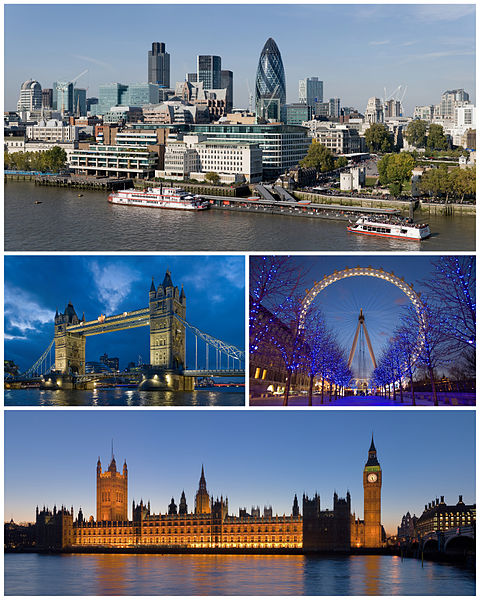We chatted about a whole range of things, but one thing kept coming up: U.S. / UK differences, in culture, religion, government, people...
I'm a Brit in NYC; she an American in London. Our countries are more different than you'd think. I spend a lot of my time earning a living writing about such things over at New York International.


I am also bad at salutes
And, of course, we talked about books.
This got me thinking a bit. Books rely to varying degrees on their setting to define their feel. Some books are set firmly and irrecoverably in one country. Harry Potter really couldn't take place outside of Britain. The jokes, the coziness, the barmy public, the press - it's all a part of a very British book. Equally, Haruki Murakami's work relies just as much on Tokyo and the Japanese culture its set in as it does on his magical, ambiguous prose.


In literary terms, this is called place, and it can be a tricky thing to get absolutely right. You want to set your book in either a) a confirmed location, and make it believable, or b) a generic setting with no confirmed name - an Everyman location, if you like.
Both work well if there's deliberate thought behind them. Both can be bad if they're ignored or done without much care.
Just telling your reader that this is where the book is set, so deal with it, means nothing if you don't then put in place markers, every now and then, to show that this is true;
London. City of Empire, and city of fading glory. Lord Sir Walter Really walked down the pavement...
is an OK opening line, but if there are no more references to buildings, parks, locations, or in fact anything that's actually in London, then why even bother? You can't invoke the feel, smell and place of a 1000 year old city just by name dropping and assuming that's enough.
On the other hand,
He was in a city. Buildings, parks, everything, were his to enjoy. It was big enough. Quite big, actually. But look! That woman. The one he wanted. She was getting a bus, but by the end of the day, he would get her hand in marriage!
though clearly a riveting read I'm tempted to copyright, is too flippant about where the book's happening. It's no where - which might be the point - but it's too obviously nowhere. He was in a city? Much better to show the reader this, with a few lines here and there about smoke, congestion, noise, perhaps an international airport. The rest will be extrapolated by them.
Country-wise, books will be set where the author lives or works. It's just easier. Even books that makes very little reference to the world outside the action -Neil Gaiman's Coraline and Graveyard Book come to mind - build an image, a feel, that's recognizable if you try. Place doesn't have to be something you focus on too much - after all, characters remain the single biggest factor in a book - but it shouldn't be ignored simply because it feels like secondary subject matter.
After all, where would Holmes be without London, or Wuthering Heights without those blasted moors? Things happen in places - and writers should probably remember that.

No comments:
Post a Comment